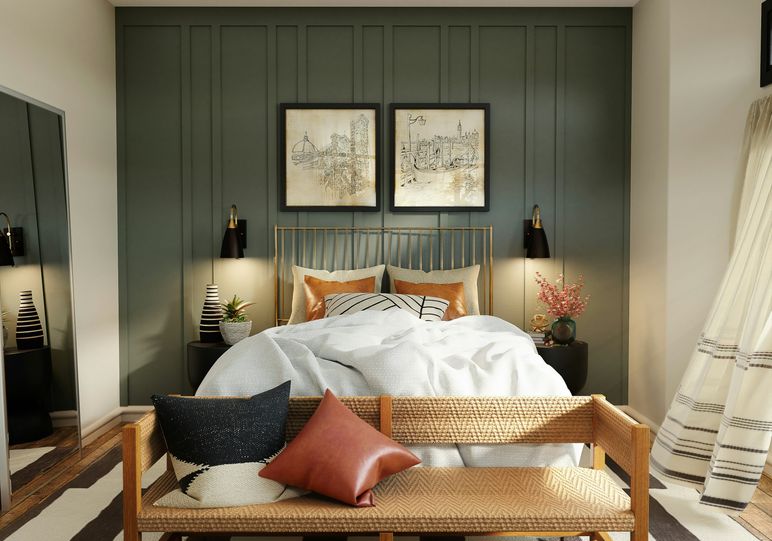As we read about Hilton’s further plans to double the number of their lifestyle hotels by 2028, a bigger question beckons: what defines a lifestyle hotel, and why are they rising in popularity?
The Rise of the Lifestyle Hotel

 Written By
Written ByWhat defines a lifestyle hotel?
The lifestyle hotel combines the personal and luxurious touches of a boutique hotel with the affordability of a chain hotel. Hoteliers are capitalising on guests desires for exclusivity and uniqueness while offering the benefits that come in hand with chains: loyalty schemes, reliability and, above all, affordability.
The hospitality industry in continually evolving to meet the needs of their guests. What defines a great experience brings new trends, and lifestyle hotels are this moment’s belle of the ball.
What do they offer?
To understand why lifestyle hotels are rising in popularity, first hoteliers must understand their guest’s needs. Understanding this in hand with market trends will enable companies to maintain a loyal community that chooses your company time and time again.
Personalised service
A common element to set any hotel apart from their competitors is the ability to give each guest a personal touch. Guests typically opt for boutique hotels because they are seeking the additional bonus of a personalised stay, rather than being one of a hundred.
Competitive prices
Price points are typically the deciding factor when guests are making their bookings, and this is where larger hotel chains can gain their competitive edge.
Loyalty
Established loyalty programmes attract guests that otherwise might be driven to book at boutique hotels. Special discounts and incentives to book again regularly will keep lifestyle hotels in the forefront of guests minds when they plan their next trip.
State of the art technology
Advanced technology sets companies apart from competitors. Chain hotels have the capacity to invest in in-room technology such as voice-technology, smart mirrors, keyless entry and more.
Connie, The Hilton’s robot concierge
Since The Hilton hotels inspired this article, it would be wrong not to mention their robot concierge. Utilising artificial intelligence, the hotel chain built a robot that could engage with guests and provide responses to their inquiries with advanced speech recognition. Notably, the system continuously learns and adjusts with each interaction, enhancing the quality of the answers it offers over time.
Take a look at our past article, Transforming Hospitality: The Rise of Robots and Automation in the Guest Experience for more.
Acknowledging local culture
Boutique hotels give guests unique experiences that they couldn’t get anywhere else. The nature of chain hotels means there is standardised furniture used in all of their locations- so wherever in the world a guest visits a chain, they can expect the same decoration and furniture.
The Hilton’s Canopy collection celebrates being part of the fabric of the neighbourhoods they reside in. Every Canopy invites the city in with designs that nods to the area’s history and culture. Guests can expect to find local art, textiles, and furnishings throughout each hotel.
Acknowledging the surrounding areas even stems into the Canopy’s food, drink, and social spaces. Local culture shines through with regionally sourced ingredients, locally roasted coffee, and craft cocktails.
What sets them apart from traditional hotels?
The main difference between a lifestyle hotel and a traditional hotel are the focus of their respective offers. Lifestyle hotels have created a personalised stay for every guest, while staying on top of trends in hospitality to attract a more niche audience. Meanwhile, traditional hotels aim to appeal to a wider audience to maximise their bookings.
In Summary
Lifestyle hotels are seeing a huge increase in investment from established hotel chains looking to cash in on the latest trends in hospitality. By bringing chain hotels back into competition with boutique hotels, there is now a greater range of options for guests to take into consideration when planning their next trip, and with more favourable pricepoints.
****Read more****